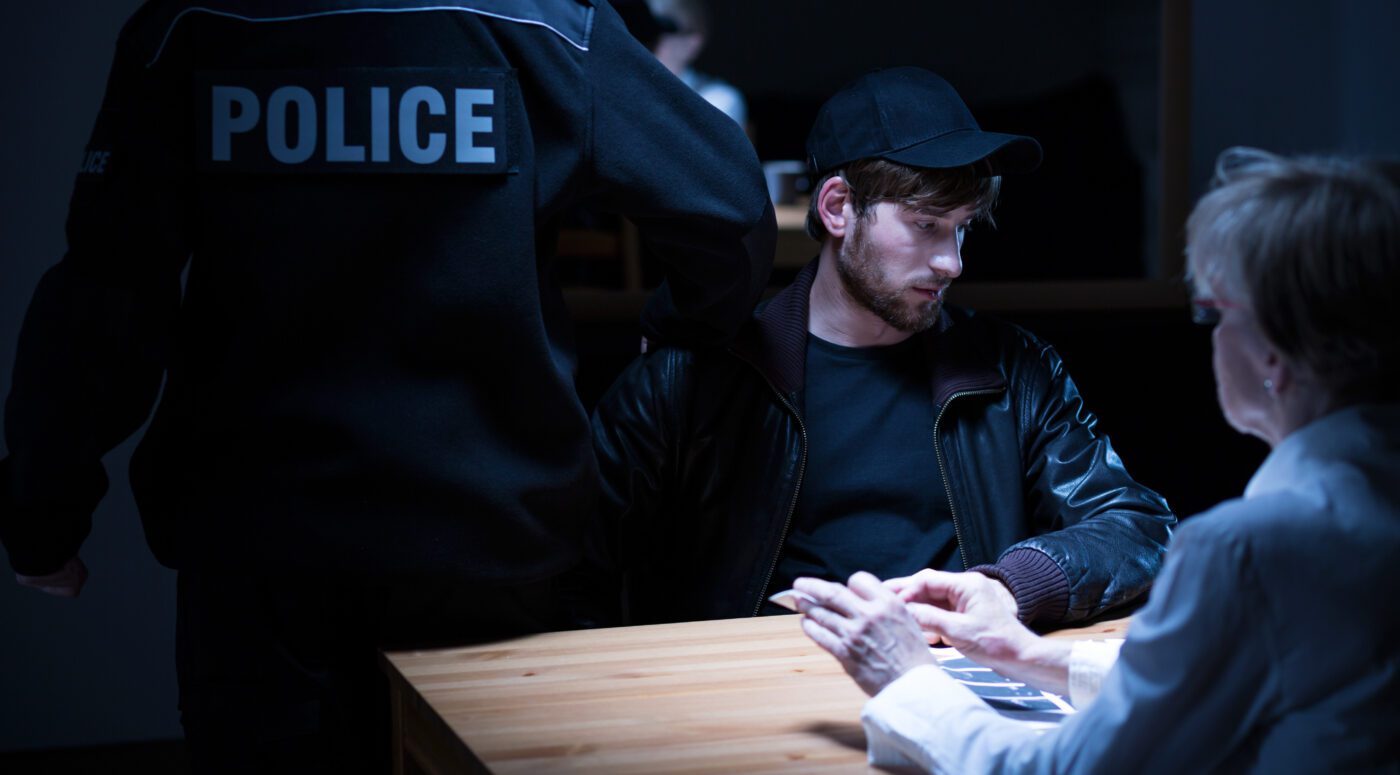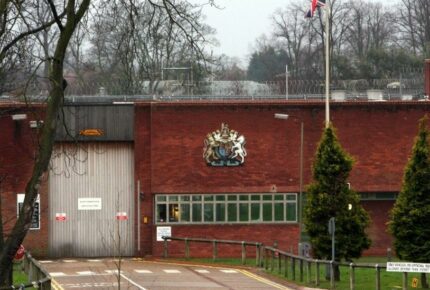

False accusations of rape are rare, comprising only a small percentage of reported cases in the UK. If you find yourself arrested or charged under such circumstances, however, the situation can be very stressful indeed. Securing the assistance of a criminal defence solicitor at the earliest opportunity can be crucial in protecting your rights and ensuring a fair process. This article aims to address some of the pressing questions you may have, such as whether you need a solicitor for these specific allegations, what potential defences are available, and whether you’re likely to be granted bail. Understanding these elements can help alleviate some of the uncertainty and anxiety surrounding this difficult situation.
Do I need a solicitor for false rape accusations?
Having a solicitor by your side if you are falsely accused of rape is essential. Here’s why you should consider engaging a solicitor if you are facing false rape accusations.
First and foremost, a criminal defence solicitor is experienced in navigating the complex legal system and can help protect your rights throughout the process. They will have a deep understanding of the law related to sexual offences and the procedures of the criminal justice system. This knowledge is essential in building a strong defence and ensuring every step is taken to challenge the accusations.
When falsely accused of rape, you may feel overwhelmed by the potential consequences, which could include a prison sentence, mandatory registration as a sex offender, and the subsequent impact on your personal and professional life. A solicitor can provide critical support and guidance, helping you understand the legal process, the evidence required, and the potential outcomes of your case.
A solicitor can also assist in gathering evidence to support your defence. This may include:
- Identifying and interviewing witnesses who can corroborate your version of events.
- Obtaining documents, CCTV footage, or digital evidence that can help establish your innocence.
- Working with experts to analyse forensic evidence that may be presented against you.
What are possible defences for false rape accusations?
One of the primary defences against false rape accusations is the argument of consent. Consent may be used as a defence if evidence exists to show that the alleged victim willingly engaged in the activity. A defence solicitor might seek to present text messages, emails, social media conversations, or witness testimonies that suggest mutual consent was given.
Another possible defence is to establish proof of an alibi. If the accused can verify their presence at another location at the time the alleged crime occurred, this could be a substantial factor in disproving the accusation. Evidence might include CCTV footage, receipts, or testimonies from individuals who were with the accused at the relevant time.
Mistaken identity can also serve as a defence in certain situations. In cases where the victim misidentifies the accused as the perpetrator, a defence solicitor would aim to show how the accused could not have been involved, potentially using forensic evidence, such as DNA, to establish innocence.
Fabrication or motives to lie might be explored as part of the defence. If there is evidence to suggest that the accusation could be a result of malice, revenge, or personal gain, these factors could be highlighted to question the credibility of the accuser’s claims.
Will I get bail for false rape accusations?
As with any allegation, your case will be considered on its individual merits. The court will assess various elements before making a decision. Some key factors that are generally taken into account include:
- Nature and seriousness of the charge: While rape is considered a serious offence, the court will still examine the specific details of the accusation. False allegations do not negate seriousness immediately, so each case needs careful consideration.
- Previous convictions: Your criminal history can significantly impact the decision. A clean record may improve your chances of obtaining bail, while a history of similar allegations could potentially hinder it.
- Likelihood of appearing in court: The court must be reassured that if you’re granted bail, you will attend all necessary hearings. Demonstrating a strong personal commitment to fulfilling your legal obligations is crucial.
- The risk of reoffending: In cases of false accusations, one must prove that granting bail will not pose any risk of committing further offences.
- Concerns for the safety of others: The court will ensure that releasing you on bail will not jeopardise the safety and well-being of the alleged victim or the public.
Will I have to go to court if I’m arrested or charged for false rape accusations?
In almost all instances, the accused person will initially be questioned by the police. It is advisable to have a solicitor present during any police interviews. Your solicitor can help ensure that your rights are protected and advise you on the best course of action.
If after the investigation the police and Crown Prosecution Service (CPS) believe there is sufficient evidence, they may decide to charge you with an offence. In this scenario, court proceedings will likely follow. Not all allegations will result in charges or a court appearance. The CPS considers several factors when deciding whether to proceed with a case, including the strength of the evidence and whether it is in the public interest to prosecute.
If the case does go to court, the process can involve several stages, including an initial hearing (often at a magistrates’ court, where the basic details of the case are presented), followed by decisions on bail and any conditions that must be met while awaiting trial, then potentially a trial, where evidence will be presented by both the prosecution and the defence.
Will I go to jail if found guilty of rape accusations?
If it turns out that the accusation against you was not fake and you did indeed commit a rape crime, the consequences can be severe. If you are found guilty of this offence, it is highly likely that a custodial sentence will be imposed. The law treats these cases with gravity due to the severe impact they can have on the individuals falsely accused and the potential to undermine genuine victims’ allegations. That said, not every conviction will lead to imprisonment, as each case is judged on its particular facts and circumstances.
Several factors are considered when determining whether a custodial sentence is appropriate:
- Severity of harm caused: The consequences of the false accusation, such as any distress or damage caused to the accused person’s reputation and life, are critical in the court’s decision-making.
- Intent: If the false accusation was made with malicious intent or for personal gain, it is more likely to result in a harsher sentence.
- Previous convictions: A person with a previous criminal record, particularly for similar offences, may face a stricter sentence compared to a first-time offender.
- Early admission of guilt: Pleading guilty at an early stage in the proceedings can sometimes lead to a reduced sentence as it demonstrates remorse and can save the court’s time.
- Personal circumstances: Factors such as the personal circumstances of the defendant, including mental health issues or pressures they were under at the time, can also influence the sentencing decision.
Will I go to jail if it’s my first offence of rape?
Again, if it is found that the accusations are true and you did indeed commit the offence of rape, you may be wondering how first time offenders are treated.
While imprisonment is highly likely due to the seriousness of the crime, whether or not you go to jail depends on various factors including the severity of the offence, the impact on the victim, and any aggravating or mitigating factors that apply to your case. The sentencing guidelines for rape have extensive rules on this for judges.
Can I get Legal Aid for false rape accusations?
Legal Aid is designed to help cover legal costs for those who cannot afford to pay for legal representation on their own. Eligibility for Legal Aid largely depends on the nature of the case and the financial situation of the individual seeking assistance. When it comes to accusations as serious as rape, there is potential for obtaining Legal Aid due to the gravity of the charges and the potential implications on one’s life.
Both your means (financial situation including income, savings, assets, etc.) and the merits of the case (whether the case is serious enough to warrant public expenditure on your case in the interests of justice) will be considered. Ask a solicitor for more information on this.
Where to get more help
Facing criminal charges is overwhelming and you should seek expert advice and representation to ensure your rights are protected and your case is handled effectively. At Stuart Miller Solicitors, we offer comprehensive legal support tailored to your specific needs. If you require assistance, do not hesitate to contact us to discuss your case at a free, no obligation consultation.
OUR COMMITMENTS TO YOU:
-
Responsive
A legal expert will consult you within 24 hours of making an enquiry.
-
Empathetic
We will always treat you with trust, understanding and respect.
-
Specialised
Your case will be handled by an expert who specialises in your type of offence.
-
Proactive
We will take early action to end proceedings as soon as it is practically and legally possible to do so.
-
Engaged
You will be kept updated on your case at all times. We will provide a named contact available to answer your questions.
-
Caring
We understand this is a difficult and stressful time for you and your family. Our team will support you every step of the way.
-
Tenacious
We will never give up on your case. We fight tirelessly to get you the best possible outcome.

